Europe
Some of Europe’s most famous leaders govern in the early modern period. Napoleon, Peter the Great, and Charles XII change and challenge Europe. Religion and religious ideas are transformed as new ideas move across Europe developing science, economics and culture, all of which are covered in this section. Read more
Sort by:
Date (Newest first) | Title A-Z
Show:
All |
Articles |
Podcasts |
Multipage Articles
-

Secular acts and sacred practices in the Italian Renaissance church interior
ArticleClick to view -

The throne and the fairy tellers
ArticleClick to view -

Robespierre: a reluctant terrorist?
ArticleClick to view -

The Duchy of Courland and a Baltic colonial venture across the ocean
ArticleClick to view -

Out and About in Stockholm
ArticleClick to view -

Sweden’s forgotten revolution
ArticleClick to view -
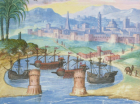
History Abridged: The City of Alexandria
ArticleClick to view -

What did it mean to be a city in early modern Germany?
ArticleClick to view -
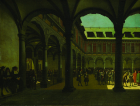
Origins of the European financial markets
ArticleClick to view -

My Favourite History Place: The Beguinage at Bruges
ArticleClick to view -

Film: Foreign Relations and Tudor Royal Authority – discussion
ArticleClick to view -
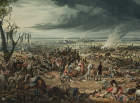
Losing sight of the glory: five centuries of combat surgery
ArticleClick to view -
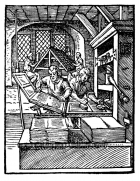
History Abridged: Publishing
ArticleClick to view -

The Borgia: from fact to fiction
ArticleClick to view -
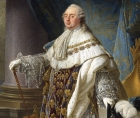
The Flight to Varennes
ArticleClick to view -
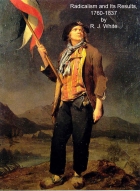
Radicalism and its Results, 1760-1837
ArticleClick to view -
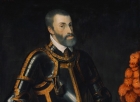
Podcast Series: The Spanish Golden Age
Multipage ArticleClick to view -
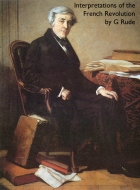
Interpretations of the French Revolution
ArticleClick to view -
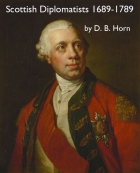
Scottish Diplomatists 1689-1789
ArticleClick to view -

Podcast Series: Thomas Paine
Multipage ArticleClick to view

